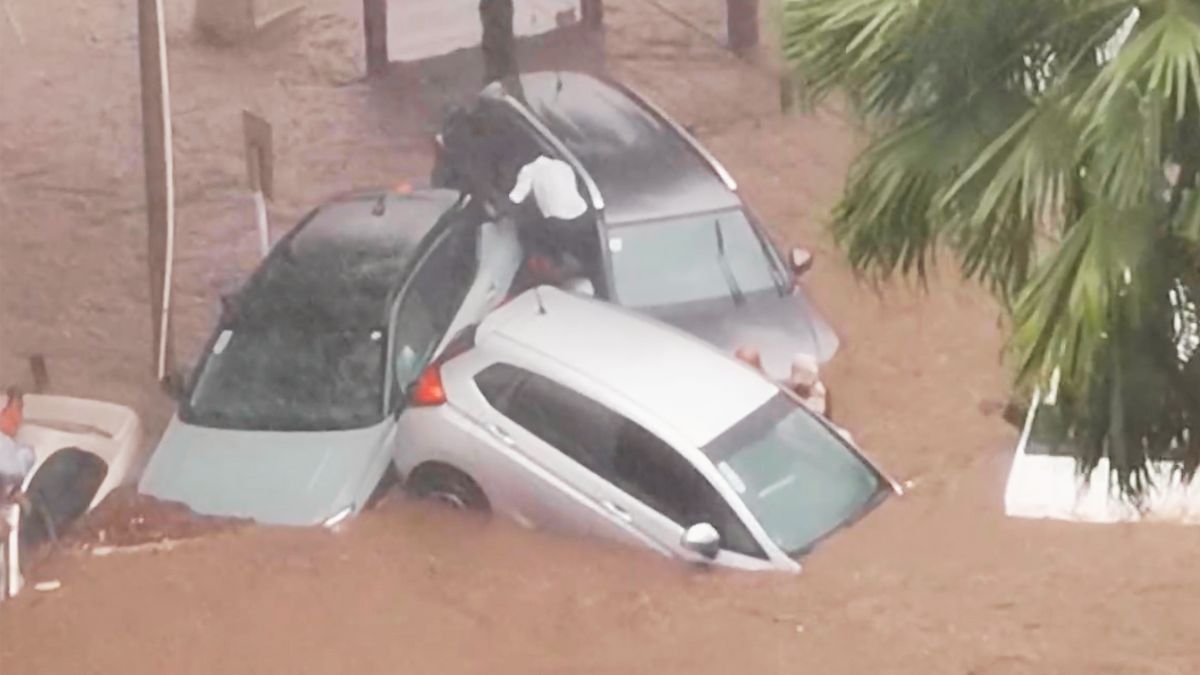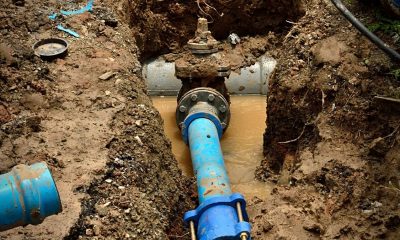News
Parking Ban in High-Risk Areas, Confusing Caution

The 15th of January 2024 will be remembered for the devastating rains brought on by Cyclone Belal that hit several regions, especially Port-Louis.
Streets were flooded, vehicles were submerged, and infrastructure was damaged, reminiscent of the floods that occurred on March 30, 2013.
Since then, precautions have been taken to prevent such disasters from happening again.
Just last week, on April 1st, a warning of heavy rains was issued. According to a statement from the National Emergency Operations Command (NEOC), road users were urged to exercise great caution.
They were informed that parking in high-risk areas, such as along La Poudrière Street, La Chaussée Street, and along the Pouce River, would be prohibited.
They were also advised to avoid underground parking lots. In case of deteriorating weather conditions, the police could have implemented a road diversion plan in the capital.
The parking ban in flood-prone areas sparked reactions among internet users.
While some chose not to park their vehicles there as a precaution, others believed it was better to be safe than sorry, prioritizing safety above all and even working from home instead of going into the capital city.
In addition to surveillance, the installation of signs in all flood-prone areas is recommended.
For Didier A., this measure is not a bad idea. However, he believes that everyone should take precautions whether the streets are closed off or not.
“Given the difficulties in finding parking, I cannot drive to Port-Louis. When I need to go there for any reason, I take a taxi. No need to worry about parking. It’s not just about vehicles. I think that knowing these streets are at risk, it’s better to avoid them on rainy days to stay safe. Everyone should take precautions when the weather is bad,” he says.
For Jheelany Seeruttun, who works in Pouce River, this is a precautionary measure, as there are many offices and businesses in the area, but it is not enough.
“For real safety, other risky roads should be monitored. Many people like me work in the region. What about our safety?”
Source: l’Express











